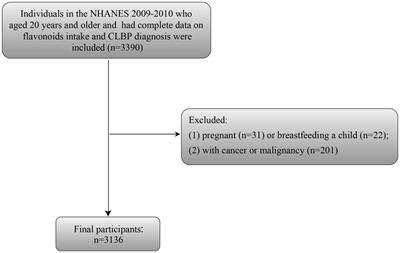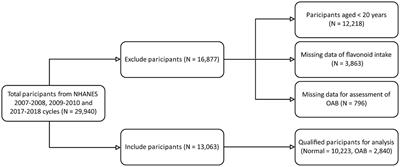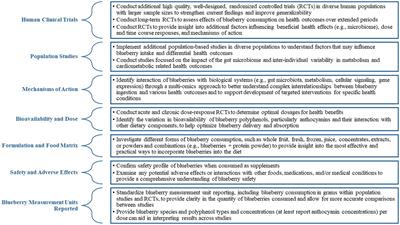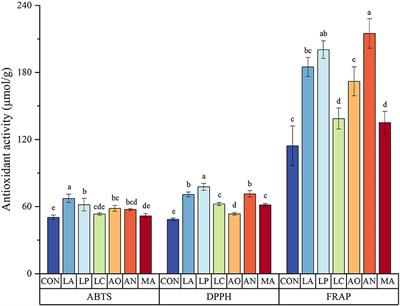EDITORIAL
Published on 17 Feb 2025
Editorial: The nutritional and health benefits of Vaccinium berries
doi 10.3389/fnut.2025.1561116
- 240 views
2,909
Total downloads
17k
Total views and downloads
EDITORIAL
Published on 17 Feb 2025
ORIGINAL RESEARCH
Published on 03 Oct 2024

ORIGINAL RESEARCH
Published on 24 Jul 2024

PERSPECTIVE
Published on 11 Jun 2024

ORIGINAL RESEARCH
Published on 12 Oct 2023

ORIGINAL RESEARCH
Published on 03 Oct 2023
